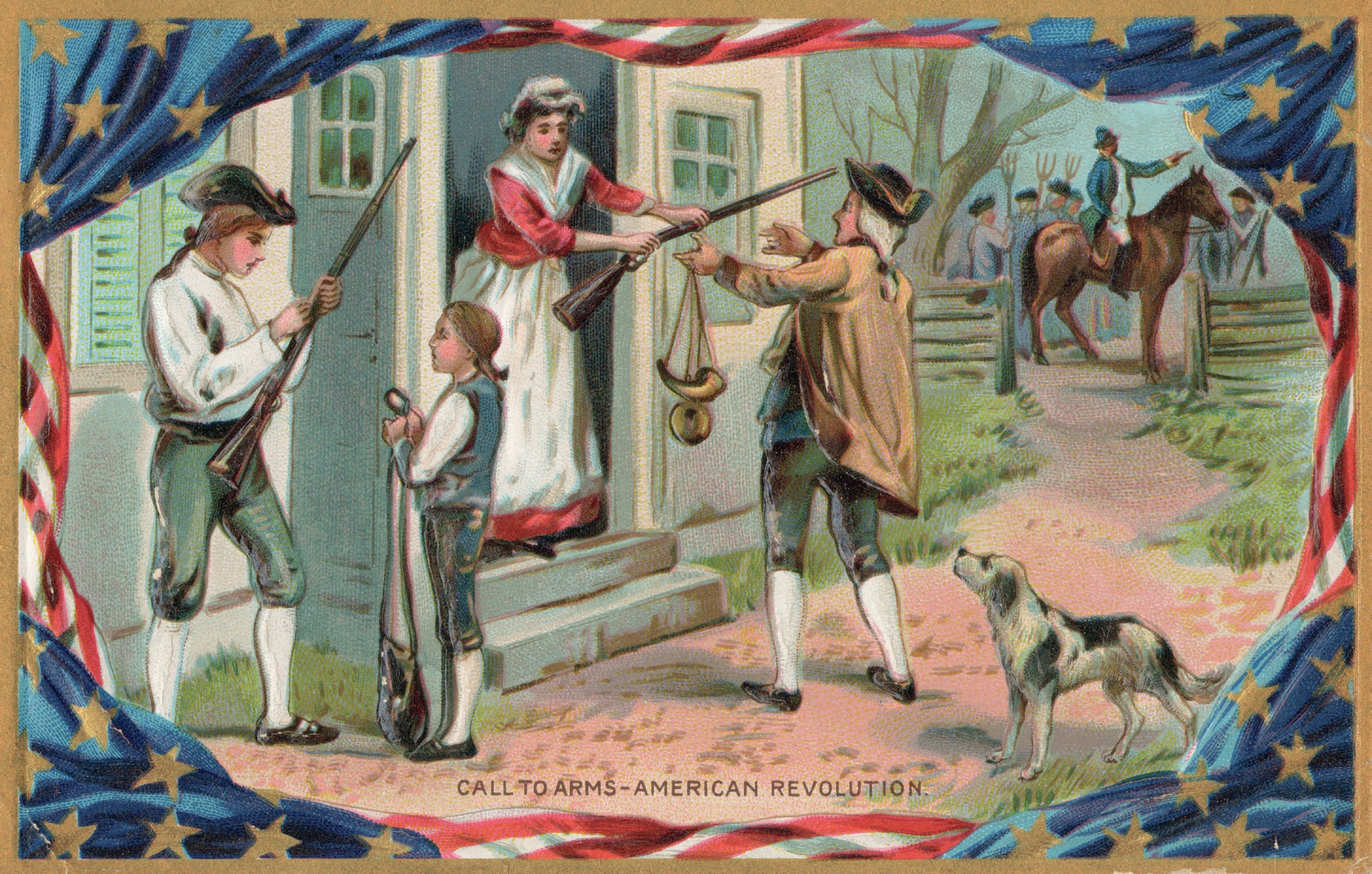
Political ideas topics require knowledge of conservatism and its core ideas regarding the individual, freedom and role of the state, including the views of key thinkers.
Today, Edmund Burke (1729–97) is presented as the ‘founder of modern conservatism’, focusing in particular on his impassioned critique of the French Revolution, Reflections on the Revolution in France (1790). From this, Burke’s distinctive brand of ‘traditional’, historic conservatism — usually summarised as a belief in the organic nature of society and politics; reverence for history and tradition; and respect for religion, property and order — has been extracted, and the centrality of Burke to conservatism as either an intellectual (small ‘c’) or political (capital ‘C’) tradition is beyond dispute.
Your organisation does not have access to this article.
Sign up today to give your students the edge they need to achieve their best grades with subject expertise
Subscribe




